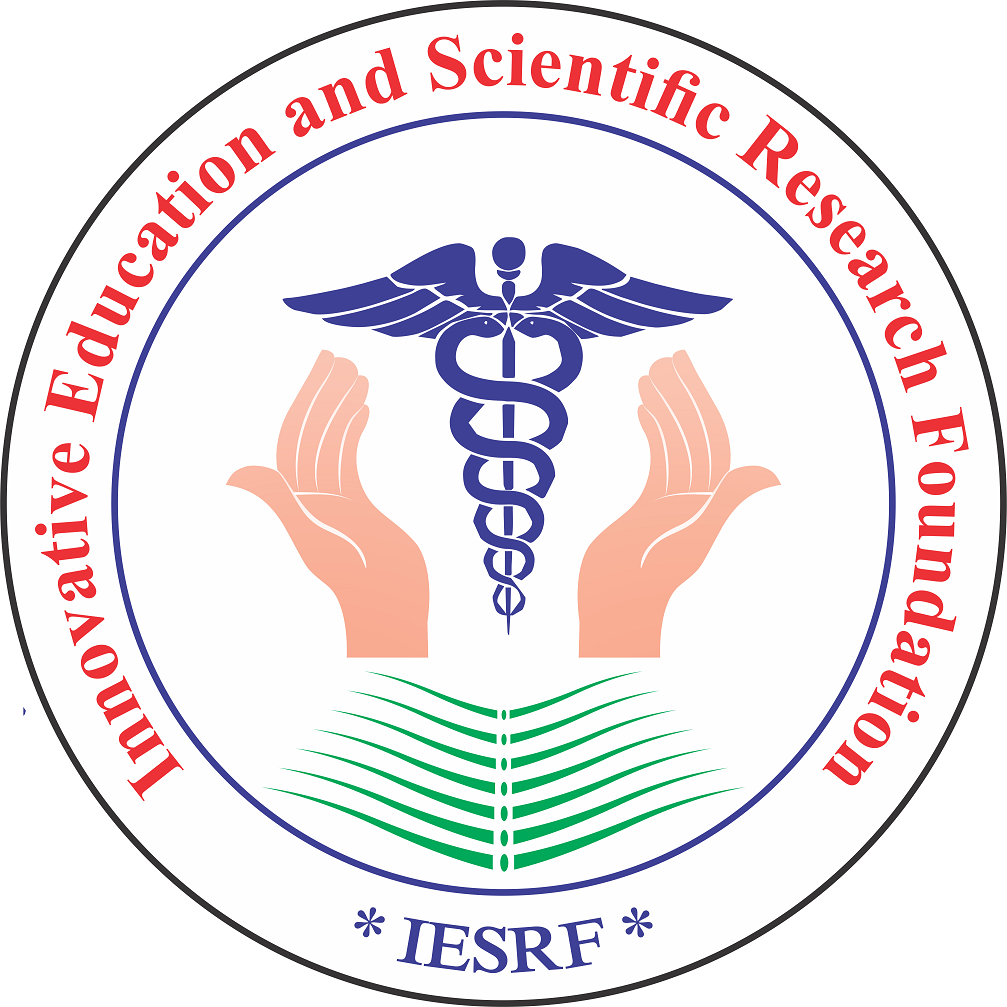- Visibility 298 Views
- Downloads 82 Downloads
- Permissions
- DOI 10.18231/j.ijmr.2025.004
-
CrossMark
- Citation
Revolutionizing insights from genes: Fundamental role of data science in bioinformatics and healthcare
The narrative underlined the large scope of applications that data science encompasses in the form of machine learning, deep learning, and network analysis in unravelling the complex biological system, finding biomarkers, and predicting trends for diseases. To the experts, a closer look reveals the supremacy of data science in its role toward the advancement of personalized medicine as well as expedited drug discovery and advances in precision health methodologies. The transformation landscape of diagnostics is due to the use of machine learning in biotechnology and medicine. Machine learning is used to identify early diseases with sophisticated pattern recognition in genetic and clinical data. Deep learning algorithms find new potential therapeutic targets and enable patient-specific predictions of treatment response to improve the safety and efficiency of medical intervention. Multi-omics data further integrates machine learning, which provides a better understanding of the disease mechanism and pathways of treatments. The abstract highlights the importance of addressing data quality and privacy concerning fully realize the potential of data-driven bioinformatics through collaborative efforts. This review does not mince words about the role of data science in setting up the course for research in bioinformatics but especially indicates that data science is what is going to revolutionize healthcare approaches in the near future. This wide-ranging review outlines the substantial influence that data science has had on bioinformatics with the introduction of advanced computational techniques to this area, creating a new paradigm in life sciences towards the analysis, interpretation, and the creation of knowledge from large datasets.
Keywords: Bioinformatics, Computational biology, Data science, Machine learning, Precision medicine.
How to Cite This Article
Vancouver
Madan A, Kumar R, Garg R, Chugh P, Chattaraj S, Joshi NC, Gururani P, Verma D, Ray A, Yadav AN, Mitra D. Revolutionizing insights from genes: Fundamental role of data science in bioinformatics and healthcare [Internet]. Indian J Microbiol Res. 2025 [cited 2025 Nov 03];12(1):21-33. Available from: https://doi.org/10.18231/j.ijmr.2025.004
APA
Madan, A., Kumar, R., Garg, R., Chugh, P., Chattaraj, S., Joshi, N. C., Gururani, P., Verma, D., Ray, A., Yadav, A. N., Mitra, D. (2025). Revolutionizing insights from genes: Fundamental role of data science in bioinformatics and healthcare. Indian J Microbiol Res, 12(1), 21-33. https://doi.org/10.18231/j.ijmr.2025.004
MLA
Madan, Ayush, Kumar, Rahul, Garg, Rishabh, Chugh, Priya, Chattaraj, Sourav, Joshi, Naveen Chandra, Gururani, Prateek, Verma, Devvret, Ray, Anuprita, Yadav, Ajar Nath, Mitra, Debasis. "Revolutionizing insights from genes: Fundamental role of data science in bioinformatics and healthcare." Indian J Microbiol Res, vol. 12, no. 1, 2025, pp. 21-33. https://doi.org/10.18231/j.ijmr.2025.004
Chicago
Madan, A., Kumar, R., Garg, R., Chugh, P., Chattaraj, S., Joshi, N. C., Gururani, P., Verma, D., Ray, A., Yadav, A. N., Mitra, D.. "Revolutionizing insights from genes: Fundamental role of data science in bioinformatics and healthcare." Indian J Microbiol Res 12, no. 1 (2025): 21-33. https://doi.org/10.18231/j.ijmr.2025.004
